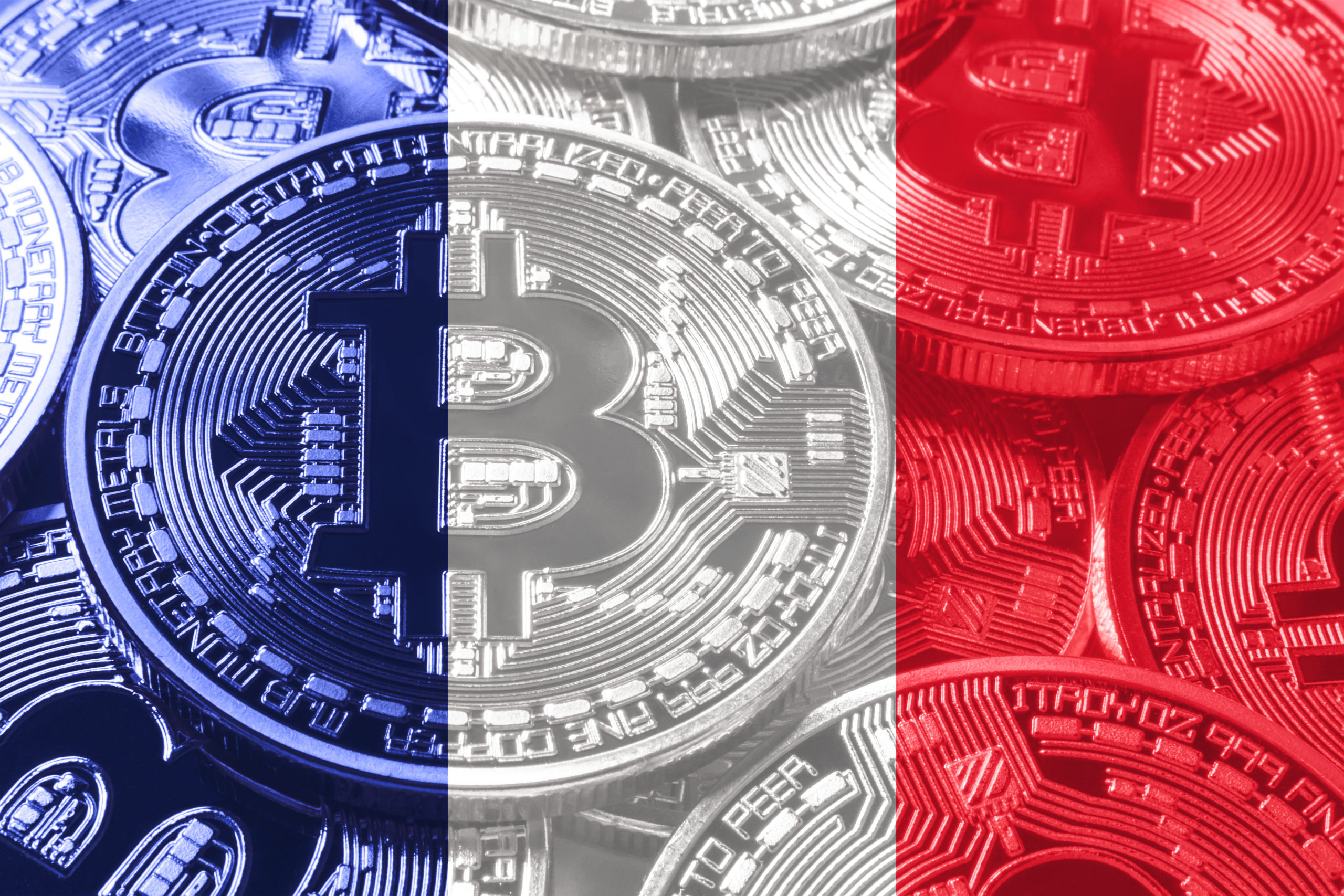Legislators in France have put out a bill to integrate Bitcoin mining into the country’s electricity system. A controlled, low-carbon Bitcoin mining economy fueled by France’s excess nuclear power, according to the idea, which was presented to the National Assembly on June 12.
Adopting the strategy may stabilize the grid, prolong the life of nuclear reactors, and turn millions of dollars in wasted electricity into economic value.
Bitcoin Mining Solves France’s Nuclear Surplus Problem
France is the largest electricity exporter in Europe, with nuclear power accounting for more than 70% of its electricity production. But frequently, especially when demand is low, this dependence results in overproduction. Excess energy that was either sold at negative rates on wholesale markets or stayed unused cost France almost €80 million in 2024 alone.
As part of larger energy-sector reforms, the proposed amendment aims to turn this obstacle into a chance. Lawmakers argue that France could monetize wasted energy, alleviate grid strain, and advance its decarbonization objectives. This is by directing excess electricity toward Bitcoin mining, a process that demands enormous processing power.
The law mandates that the potential of Bitcoin mining as a “flexible energy consumer” undergo a government assessment. Important features include
- Grid Stability: By absorbing extra electricity during production peaks and decreasing the requirement for nuclear plants to adjust output, mining activities can start or stop in a matter of seconds.
- Strategic Location: By reusing former industrial areas and minimizing transmission losses, mining operations aim to construct facilities adjacent to nuclear reactors.
- Recycling of Heat: Similar to Scandinavian nations, excess heat produced by mining rigs could be diversified to industrial operations or district heating systems.
- Low-Carbon Leadership: By establishing a standard for sustainable Bitcoin production, France aims to create a controlled mining industry powered by its nearly carbon-free nuclear energy.
The proposal also emphasizes how Bitcoin contributes to energy sovereignty. By converting excess electricity into a digital asset traded internationally, France may reduce its dependence on unstable energy markets and generate revenue to fund infrastructure.
READ MORE: Shiba Inu Price Prediction as Volume, Open Interest Dries









